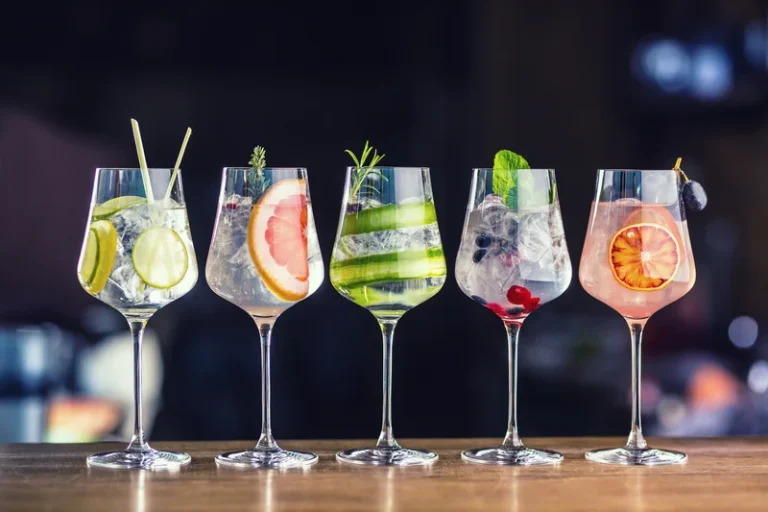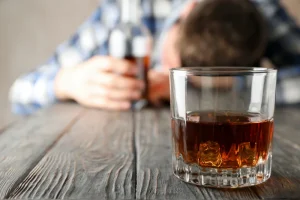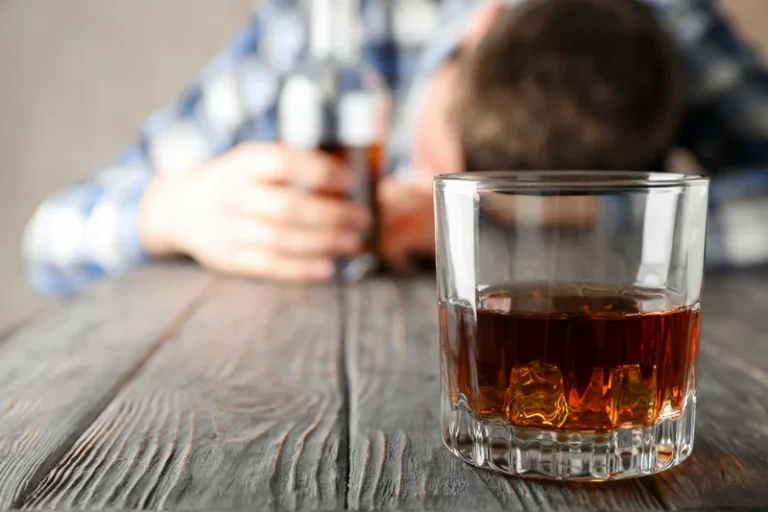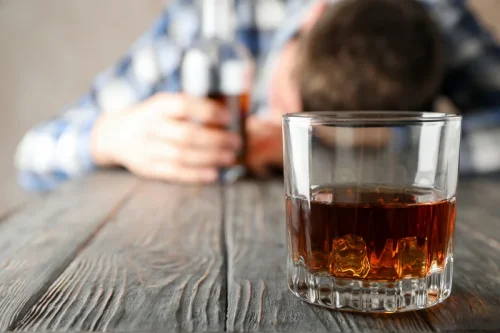
Ensuring proper hydration involves drinking enough water throughout the day. It is recommended to consume at least 8 glasses (64 ounces) of water daily. However, this amount can vary depending on factors such as activity level, climate, and individual needs. It’s important to why does alcohol make me sweat listen to your body and drink water when you feel thirsty.

Recovery and Spending Time in Nature
- This is why you may feel hot, and even sweat profusely when you drink alcohol.
- The more alcohol a person drinks, the greater the risk of harmful health effects.
- Understanding the relationship between alcohol and night sweats involves recognizing how alcohol affects body temperature and heart rate.
- If you believe you may be struggling with an alcohol use disorder or alcohol abuse, seek medical advice.
- One of the key steps in managing alcohol withdrawal is seeking professional help.
- This understanding is crucial in managing alcohol-induced night sweats.
Alcohol consumption can have significant effects on hormones and metabolism, which can contribute to night sweats. One of the key hormones affected by alcohol is cortisol, often referred to as the stress hormone. Alcohol can increase cortisol levels in the body, which can disrupt normal hormonal balance and potentially trigger night sweats. Furthermore, alcohol can also interfere with the body’s ability to regulate its internal temperature. It can disrupt the functioning of the hypothalamus, the part of the brain responsible for maintaining body temperature.
Start Your Oasis Recovery Today

Explore the problems getting insurance coverage for drug rehab and learn how to navigate the system effectively. Discover how to stop drinking naturally with holistic strategies, including nutrition, meditation, and lifestyle changes. Discover how to stop soda addiction with effective strategies, healthy alternatives, and expert tips for lasting change.

Factors that affect heart rate while drinking
Factors such as the impact of alcohol on the central nervous system and genetic predispositions play a significant role in this phenomenon. People with alcohol intolerance may avoid alcohol altogether due to feeling unwell from its consumption. It is important to note that alcohol intolerance and the night sweats it causes are different from the night sweats caused by alcohol withdrawal. It leads to a rise in body temperature and triggers the body’s cooling mechanisms during sleep, resulting in night sweats. An alcohol intolerance means your body cannot break down alcohol well.1 Some people are more prone to alcohol intolerance than others. The only way to prevent the symptoms of alcohol intolerance is to avoid drinking alcohol.
Is it Drugs or Mental Illness?
The research followed 232 individuals across the U.S. between the ages of 21 to 35, corresponding to the period when most heavy drinking occurs in a person’s lifetime. Half of the study group met criteria for AUD in the past year and were evenly divided in terms of those who had or had not experienced a major Alcoholics Anonymous depressive disorder in the past year. Individuals who had suicidal ideation were excluded for safety reasons, as were people who had severe alcohol withdrawal symptoms. Night sweats during alcohol withdrawal involve excessive sweating during sleep, leading to waking up feeling cold due to the body’s response to the absence of alcohol. Recognizing and addressing these symptoms under medical supervision ensures a safe and supported recovery process. When experiencing alcohol-induced night sweats, it’s important to know when it might be necessary to consult a healthcare provider.
Is Addiction A Choice Or A Disease?
- Usually, these symptoms of irritability or a sense of apprehension begin about eight to 12 hours after drinking, as the effects of alcohol wear off.
- If you’ve had episodes of hangxiety, the best way to prevent it from happening again is to avoid alcohol.
Discover how Medicare supports inpatient rehab, covering up to 90 days based on medical needs, progress, and post-rehab care options to ensure recovery success. Alcohol rehabilitation programs provide a structured and supportive environment with daily routines, therapy sessions, and community interactions designed to help individuals achieve lasting recovery. Night sweats can be caused by hormonal fluctuations, infections, certain medications, and underlying medical conditions such as diabetes or particular types of cancer. However, a less recognized cause of night sweats is the consumption of alcohol. The hypothalamus (a region of the brain) is responsible for controlling the nervous system https://ecosoberhouse.com/ and body temperature.